Event Schedule
Daily meditations, interviews and lectures are available as of 6:00 (GMT) starting 10 February, 2021 - but will be available for 30 days in total.
To view the course: Go to "Dashboard" and then click on the course "Meditatie voor Geestelijke Gezondheid"
10 februari
Goedele Leyssen (BE)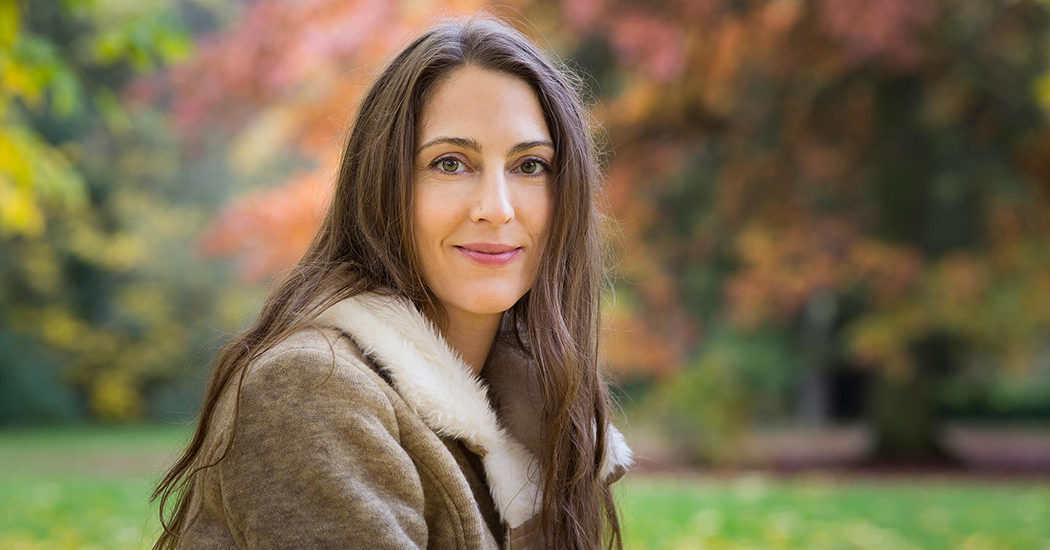
MEDITATIE MASTERCLASS: Word rustiger, veerkrachtiger èn gelukkiger in 5 stappen. (Nederlands)
Ben jij nieuwsgierig naar meditatie maar heb je het nog nooit geprobeerd omdat je niet weet hoe je eraan begint? Of heb je het wel al eens geprobeerd maar ben je er weer mee gestopt omdat je tegen allerlei obstakels aanliep en onzeker was over of je het wel juist deed? In deze masterclass krijg je een antwoord op je meest prangende vragen over meditatie en aan de hand van een eenvoudig vijfstappenplan ontdek je hoe je begint met mediteren en hoe je het volhoudt. Het is wetenschappelijk bewezen dat meditatie werkt, maar om die effecten zelf te ervaren, moet je het uiteraard ook doen. Dit webinar is de eerste stap. Ben je er klaar voor?
Wat je zal leren tijdens deze workshop:
-Praktisch 'start-to-meditate' en 'hoe-hou-je-het-vol' advies.
-De grootste vergissingen die mensen maken wanneer ze beginnen te mediteren en hoe je die vergissingen kunt voorkomen.
-De meest gebruikte excuses die mensen gebruiken om ermee te stoppen en hoe je die excuses kunt neutraliseren.
-We doen tussendoor ook een korte, begeleide meditatie.
MEDITATIE MEDLEY (Nederlands)
Meditatie helpt je om beter te focussen, het helpt je om rustig te blijven, beter om te gaan met wat er in je wereld gebeurt en het maakt je aanweziger, waardoor je meer kunt genieten van elke moment. Maar er bestaan net zoveel meditatietechnieken als er sporten bestaan...dus hoe beslis je welke meditatietechniek het beste is voor jou? De enige manier om dat te ontdekken, is door ze uit te proberen. Deze meditatie-medley geeft je de kans om met een aantal technieken te experimenteren. Je hoeft geen ervaring te hebben om mee te doen. Een open geest is alles wat je nodig hebt.
11 februari:
David Wagner (USA)
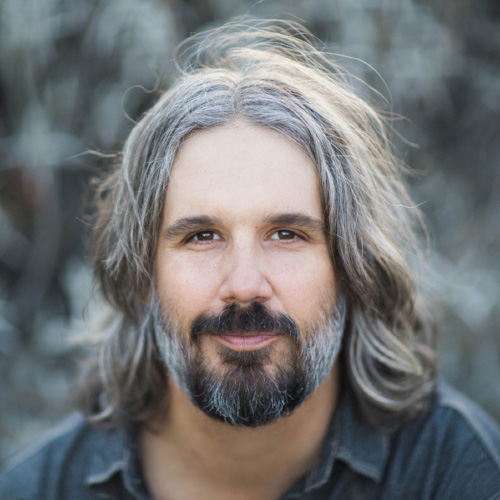
Interview: Soulfulness: Meditation and Finding Time as a Parent (English)
David is a veteran meditation teacher and dad of two cute kids. In this interview he answers my burning questions about the struggle to find time and energy for meditation as a parent. Whether your kids are teens, or babies, we talk about how to create the space for meditation, the benefits of meditation for parents and figuring out the logistics - working together with your partner or co-caregiver to organise time.
Guided Meditation: Simple 15 Minute Meditation
Guided Meditation: Soulful Parenting Meditation
12 februari:
Mathilde Vandemoortele (BE)
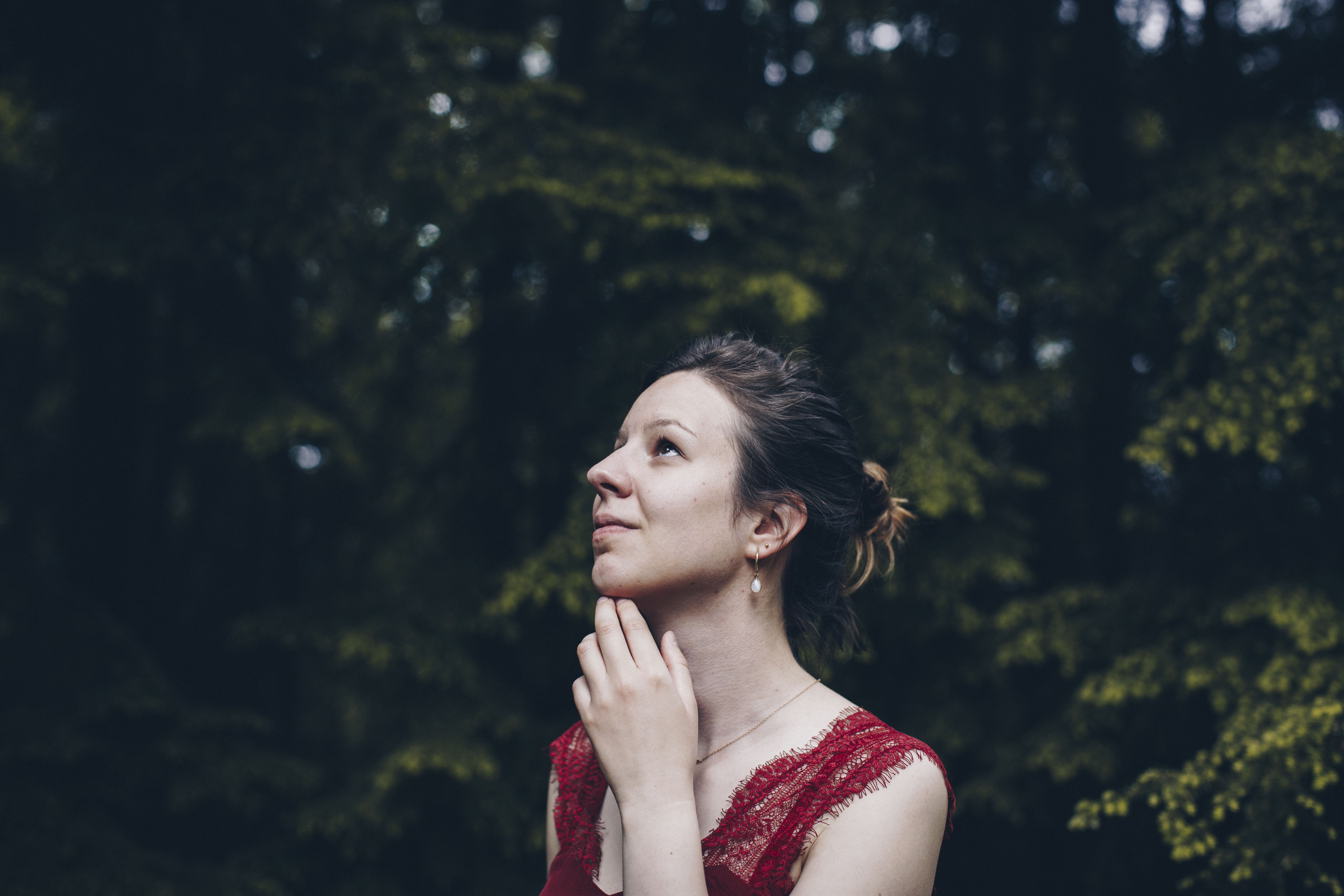
Interview (Nederlands) : Self-Compassion as Part of the Cure
I loved talking to Mathilde, Clinical Psychologist, Mindfulness trainer and Sexologist she embodies what this summit is about. She gives us a vital, yet unsuspecting, tip to psychological wellbeing: Self-Compassion.
Meditatie (Nederlands): Resourcing
Resourcing is een eenvoudige manier om je zenuwstelsel terug op "veilig" te zetten wanneer je je bang, gestresseerd of niet lekker voelt. We werken via het lichaam en via aangename sensaties om terug over te schakelen naar ons parasympatische zenuwstelsel. Hierdoor komt er meer rust in je hoofd, warmte in je hart en ontspanning in je lichaam.
13 februari:
Katherine Walker - De Bock
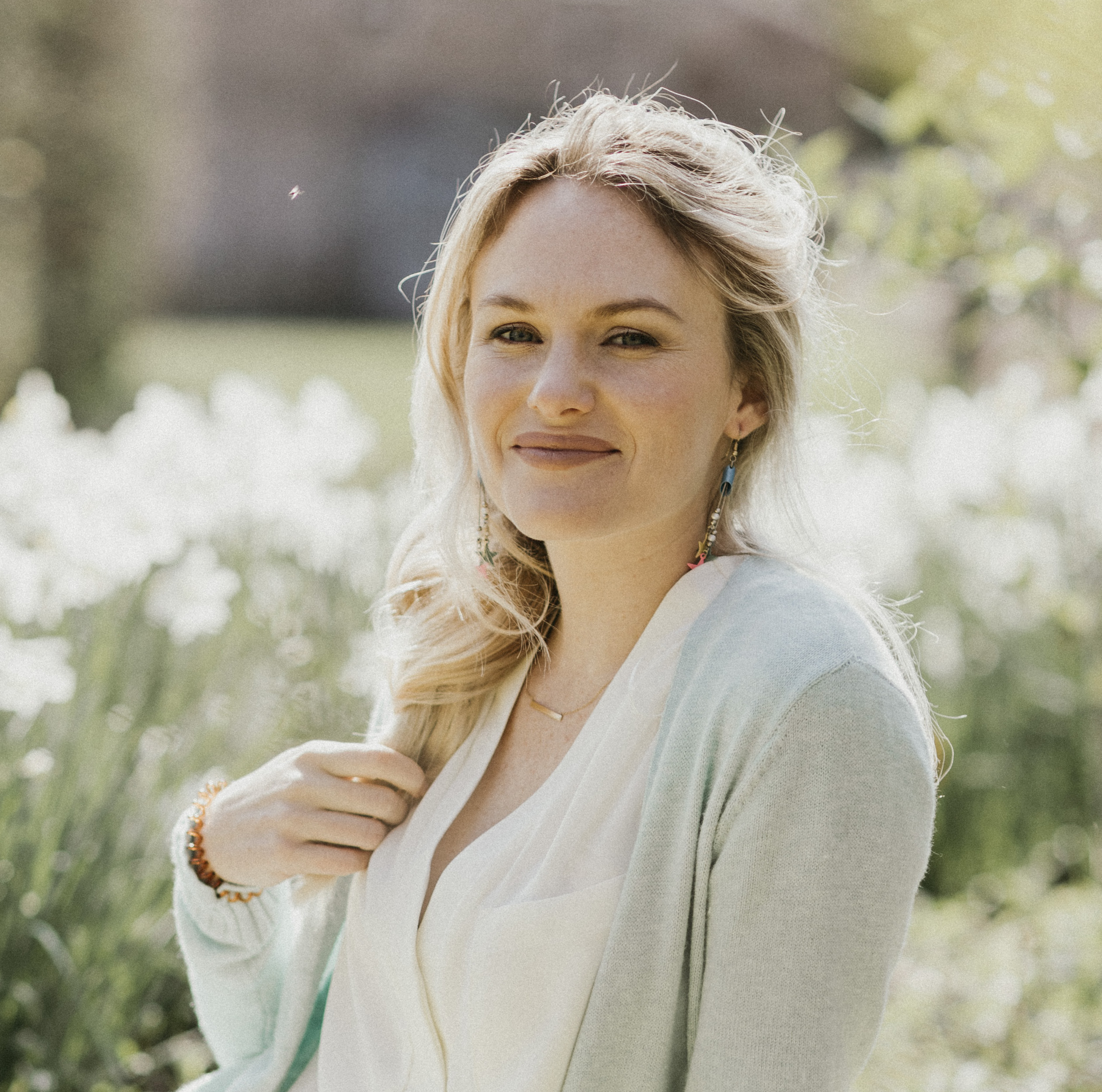
Workshop: Backseat drivers LEARNING TO LET BE (English)
Using the analogy of the Antahkarana, the chariot and the charioteers from the Bhagavad Gita, we explore the metaphor of being the witness to the breath and to the sensations of the body. Katherine leads us in a guided meditation to explore this concept of becoming a witness and stepping back from the thoughts, creating space for us to feel, be allowing of ourselves and others, and process our emotions and accumulated psychological material.
Workshop: The 3 Avatars of Time, Meditation for Loss and Grieving (English)
Life is full of ups and downs, these natural cycles were better understood by the ancients who were more in contact with loss through witnessing the way nature destroys itself on a yearly basis. Death and loss were facts of life. We have cut ourselves off from these painful experiences but we must live them anyway.
Using the analogy of the 3 avatars of time from Hindu mythology we talk about a new way of understanding life's ups and downs. When it comes to life events such as break-ups, divorce, death, loss of stability, safety and work it isn't always possible to "bounce back".
Eastern philosophy sees emotional pain as spiritual material, and instead of pushing away from asks us to turn towards the shadow. This class we explore an Eastern approach to life's darker moments through Hindu mythology and metaphor and end with a guided meditation.
14 februari:
Mounira Bazzi (LE,BE)
Workshop: Somatic Yin Yoga +Self 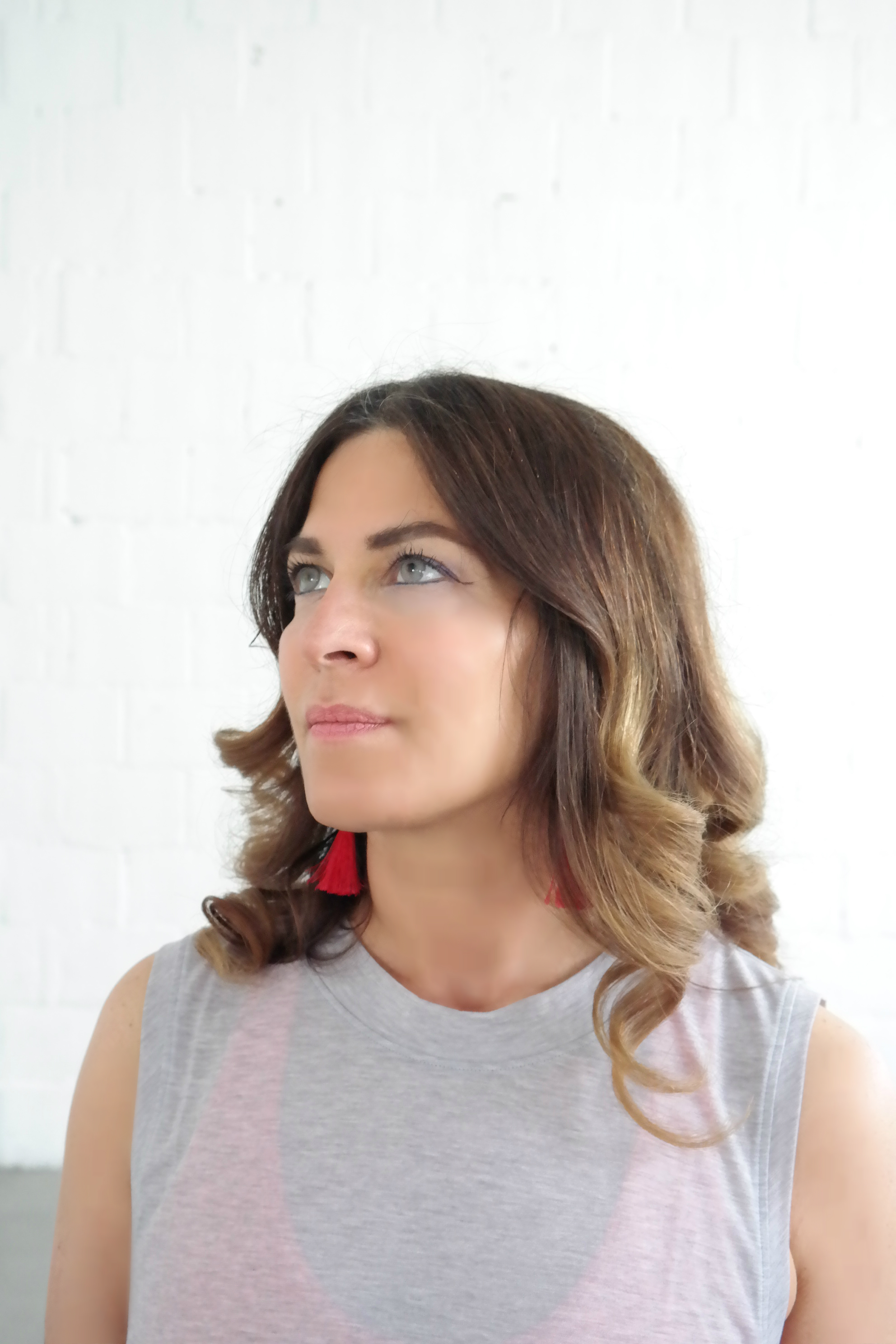 Remembering Meditation (English)
Remembering Meditation (English)
In this workshop Mounira will be guiding you through one of her favourite meditations-a meditation on Self Remembering interweaved into a Somatic Yin pracice.
What does it mean exactly to remember yourself?
Self Remembering is often reffered to as 'self presence', or ‘self consciousness’. It is to deeply know you are staying open to whatever is true at the moment,without being swept 'up'into it, allowing you to gently stand by the side and look at yourself without judgment and look at the choices you have. We will even out the breath through sama vritti and use attention to help you return to a refined state of attentiveness, so we can learn to ease panic, anxiety, confusion, distraction and fears. Somatic yin will add on to this journey of Self Remembering practice where poses will mould around your body's needs and enhance the awarness of intuitive movements, non dual tantra, and the senses as we dive into the essence .
15 februari:
Bart Upekshadaka (BE)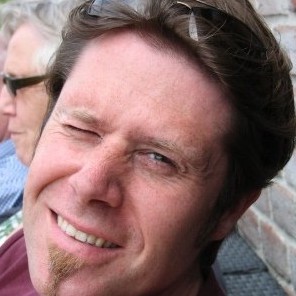
Begeleide Meditatie: Een Vriendelijk Gewaarzijn in Relatie tot Ongemak & Pijn (Nederlands)
Interview: De Breathworks Methode (Nederlands)
In this interview Bart talks about his own journey with meditation, Burn Out and discovering the Breathworks Method. Bart explains what is Breathworks, a system developed by Buddhist and Spiritual Teacher Vidyamala Burch as a way of understanding and working with physical pain, and gives us some tips for working with our own physical pain.
16 februari
Katleen Van Der Gucht (BE)
Mindfulness voor adolescenten, nieuw onderzoek, en een nieuw paradigma (Nederlands)
Katleen Van Der Gucht, a lead researcher at the Leuven Centre for Mindfulness, talks us through the benefits of meditation and mindfulness in adolescents. We talk through her most recent research on depression, anxiety and stress in adolescents and refugee minors, and how mindfulness techniques can help, how mindfulness needs to be tailored for younger people and special needs populations
17 februari
Bert Peeters (BE)
Guided Meditation: Balance your psychic centers (English)
Bert will use the granthis or psychic centers in the body as inspiration for this meditation. The granthis are energetical knots which prevent human life from developing beyond its instinctive, emotional and intellectual levels.
The meditation delves deep into your body to align the energy centers of head, heart and hips.
18 februari
Johan Louncke (BE)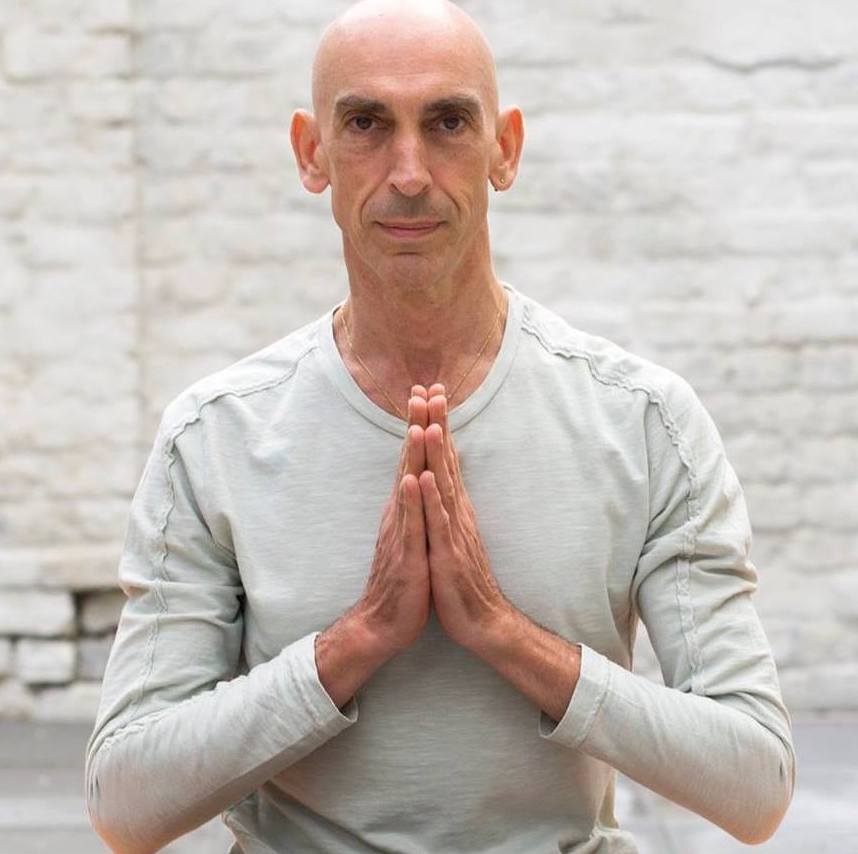
Pranayama Les: Pranayama voor Mentale Stilt (Nederlands)
Alleen al door met je aandacht bij je ademhaling te komen ben je verbonden met het leven in het nu. Gedachten zijn altijd verbonden met het verleden en de toekomst. Dat is nu eenmaal de aard van het beestje. Gedachten hebben een directe impact op je emoties, en je ademhaling is de brug tussen je gedachten en emoties.
Er komen zes technieken aan bod. Het zijn variaties op een thema. Leg de lat niet te hoog. Als je voelt dat je inspanning te groot is, heb je een kans dat je het doel voorbij holt. Het ritme en hoeveelheid adem moet kloppen met de eerlijkheid van je vermogens. Probeer het idee dat je moet presteren los te laten. Leer de houding aan te nemen van de niet-oordelende getuige.
Alle technieken geven meer zuurstof aan je bloed, hebben een kalmerende uitwerking op de zenuwen, en een stimulerende werking op je volledig organisme. Stap voor stap wordt je geest meer lucide.
Als het moeilijk is om de oefeningen zittend te beoefenen mag je ook op je rug liggen.
Guided Meditation: Meditatie in Tijden Van Corona
De eerste veertig minuten brengen je in een diepe staat van meditatief bewustzijn, dan valt er een plotse stilte, van waaruit je dieper en dieper in de leegte, in het oneindige niets, in de verbinding met alles, kan inzinken.
LIVE at 20:00 QUESTION AND ANSWERS: Johan will answer all your burning questions about your pranayama practice tonight at 20:00
to join the live session go to your course and click the link in the text!
19 Februari:
Henry Teitelbaum (BE, USA)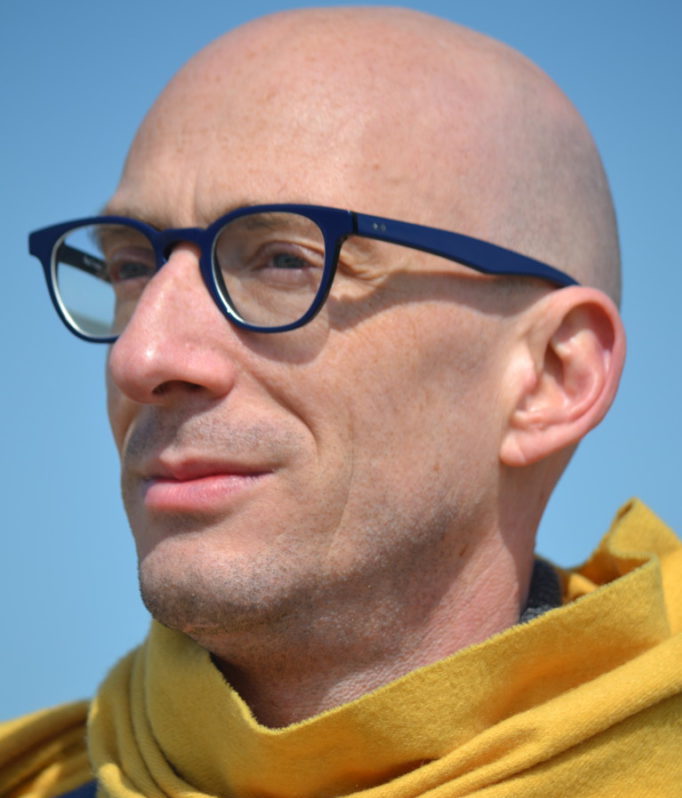
Taking Down The Walls (English):
Interview with Mindfulness Meditation Coach and Maitre d’Hotel Henry Teitelbaum about managing a hectic work life and walking the path of the Bodhisattva.
Henry talks about his journey to Burma to become a monk and the return to Belgium, living now for many years the dual life of meditation teacher for IAM Mindfulness and Antwerp fine dining restaurant manager. We talk “taking down the walls” a metaphor for learning to see the obstacles that life presents us with, whether they be relationship issues, financial or work-related as spiritual material. Seeing through the wall, and creating a doorway for experiential living
20 Februari:
Whit Hornsberger (CA,SP) 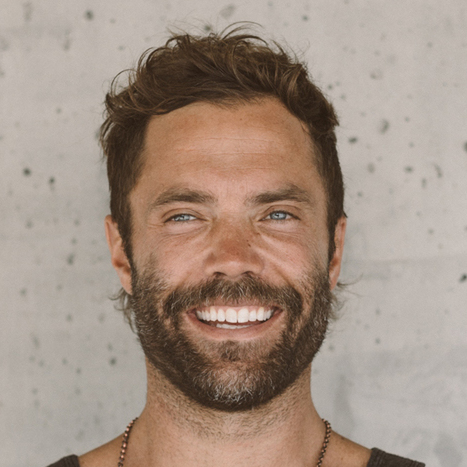
The Negativity Bias and Cultivation of Mudita: Gratitude (English)
As a result of the inherent uncertainties and current challenges we, as a human family are currently facing, many of us are understandably experiencing with greater frequency the darker, more unpleasant mind-states that are part and parcel of our human experience. Owing to the brains we have inherited from our ancient ancestors, these highly refined pieces of survival software invariably, and especially during times of stress and perceived threats to our security, fall victim to the what Western neuroscience refers to as the negativity-bias - an evolutionary attribute of the brain intended to increase rates of survival.
Although a miraculous aspect of natural evolution, the negativity-bias, when not understood and in turn properly managed, can easily hijack the mind and in turn afflict our lives. Left unchecked, it is this negativity-bias of our brains that is driving many of us further and deeper into these darker corners of the mind, leaving us feeling hopeless about our shared contemporary reality.
As such, in order to elevate the mind and abide in a state of embodied well-being it is imperative we override the conditioning of the negativity-bias, bringing balanced equanimity to the neural infrastructure of the brain. The traditional Buddhist practice of mudīta, or sympathetic joy, has evolved over many years to entail the cultivation of appreciative joy/gratitude. Through the cultivation of gratitude (mudīta), a vital practice for mental-health at all times, but especially now, we gradually override this survival instinct, the negativity-bias, replacing it with a positivity-bias through the appreciation for and loving-awareness of the gift that is human life.
In this practice we will discuss this negativity-bias, and through the non-judgmental understanding and in turn acceptance of this vital attribute for survival, begin to ease its influence through the development of gratitude (mudīta). By moving the mind beyond the limitations of its biological conditioning, the awakening of appreciative joy will suffuse the mind with uplifting and inspiring neurotransmitters, dispelling the often associated darkness infusing many of our minds as a result of current global situation.
21 februari
Joachim Meire (BE)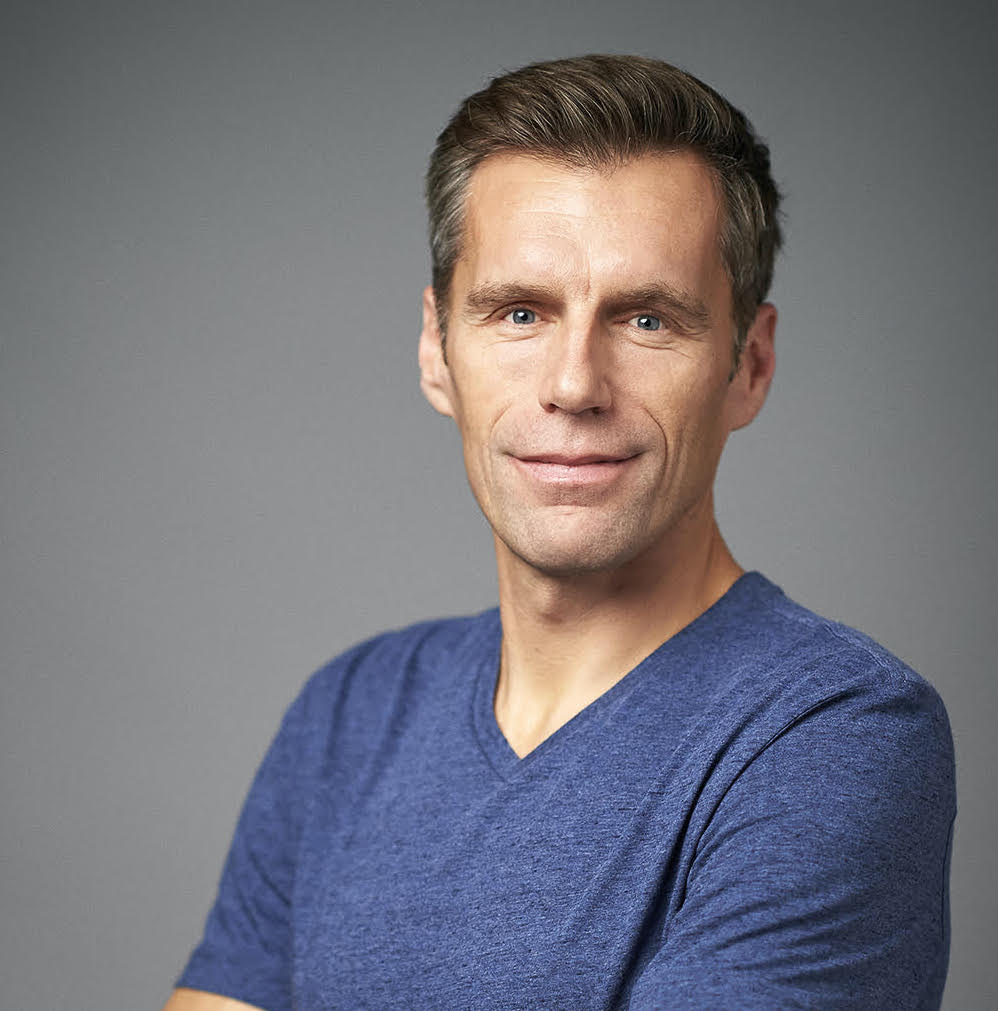
Workshop: ‘Mediteren werkt’ (Nederlands)
In deze workshop maakt Joachim een brug tussen het doel van traditionele meditaties en de voordelen van een westerse benadering. East meets west!
Na een boeiende inleiding en reis doorheen verschillende traditionele vormen van meditatie sluiten we af met een toegankelijk en diepgaande meditatie. Na deze workshop zal mediteren je niet meer loslaten.
22 februari
Manoj Bhanot
Lecture: Yoga Nidra for Mental Health (English)
Guided Yoga Nidra (English)
It will be a Yoga Nidra session. The duration will be around 25/30 minutes. The practice is done in Savasana (Lay on your back with feet apart). You must be comfortable and still during the practice. You can keep a shawl, an eye mask, a small cushion to make yourself comfortable.
Yoga Nidra is a guided practice and is done normally with the eyes closed. All conditions, all levels, and all ages who can understand the instructions can do this practice. Yoga Nidra is a Hatha yoga tool to gain access to deeper levels of your consciousness. We can create modifications on different levels of our being with Yoga Nidra.
This particular session is aiming at creating disengagement with inactive past experiences which can interfere and engage your mind's current capacity unknowingly. This will result in certain lightness and a sense of deep relaxation.
Avoid doing Yoga Nidra immediately after food. Kapalbhati or a yoga asana practice before Yoga Nidra can increase the impact.
Jolanda De Lange (NL)
Begel
Jolanda geeft een eeuwenoude Tibetaans Boeddhistische meditatie uit een reeks van het “Temmen van de tijger” .Het temmen van de tijger staat voor het temmen van de geest.De druk, spanning en snelheid van het dagelijkse leven scheppen niet de meest gunstige voorwaarden voor meditatie.Maar een toegewijde benadering bevordert de ontwikkeling van bewustzijn.Zo kunnen we het ego-de ongetemde geest overwinnen en het lijden doen afnemen.De meditatie “de transformatie van het Universum door mededogen” is een helende meditatie die zeer therapeutisch werkt.
23 februari
Dr. Steven Laureys (BE)
Interview: Meditation and the Brain (Nederlands)
Neurologist, author, dad and meditation enthusiast Dr. Steven Laureys joins the retreat to give us a last final glimpse at the VERY important brain changes that take place with meditation practice. In my interview I ask Steven what kinds of brain changes he has witnessed in his studies on the brains of meditators, how these changes can contribute to long-term mental health and longevity.
Dr. Laureys is the author of bestselling books on meditation: Het No-Nonsense Meditatie Boek and Het No-Nonsense Meditatie Oefenboek.

